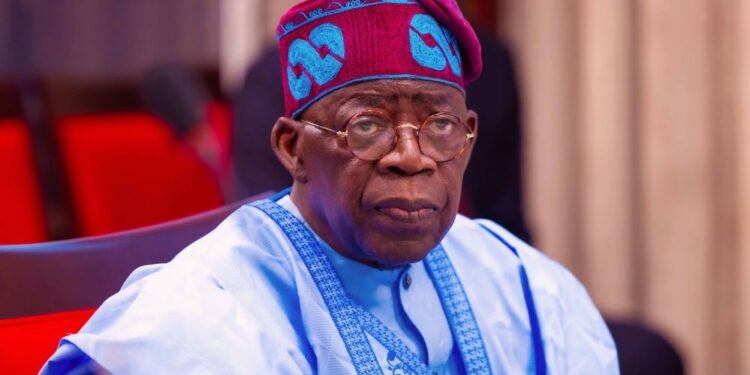The Federal Government of Nigeria plans to impose a 15% Value Added Tax (VAT) on luxury goods, according to Minister of Finance and Coordinating Minister of the Economy, Wale Edun. Speaking at the IMF/World Bank Annual Meetings in Washington DC, Edun revealed that this move aims to tax wealthy Nigerians while protecting the most vulnerable from financial strain.
A bill currently before the National Assembly will introduce a progressive VAT system. This new tax plan targets luxury goods, increasing VAT for affluent individuals to as high as 15%. This ensures that those who can afford luxury items contribute more to the economy.
On the other hand, essential goods will either carry reduced VAT rates or be exempt entirely. Edun assured that a comprehensive list of items that will attract zero VAT will be made public soon. This will provide clarity on the tax-free goods that benefit everyday Nigerians.
President Bola Tinubu is committed to protecting the poor and vulnerable while executing necessary economic reforms, Edun stated. He emphasized that while the wealthy will face higher taxes on non-essential goods, basic items used by the majority will remain affordable.
“In terms of VAT, it is a very efficient tax, but also a targeted one,” Edun explained. “The bills in the National Assembly aim to exempt essentials from VAT while raising the rate on luxuries.”
Read More: VAT Payment in Nigeria Set to Increase by 10% in 2025
Impact of Subsidy Removal and Foreign Exchange Gains
The Minister also highlighted the complete removal of fuel subsidy, which took effect in September 2024. This removal is expected to free up funds, making them available for broader economic reforms and development projects.
Additionally, Edun expressed optimism about the oil sector’s role in increasing Nigeria’s foreign exchange reserves. With improvements in security around oil-producing areas and investments from global companies like Total and ExxonMobil, the country is poised for economic growth.


